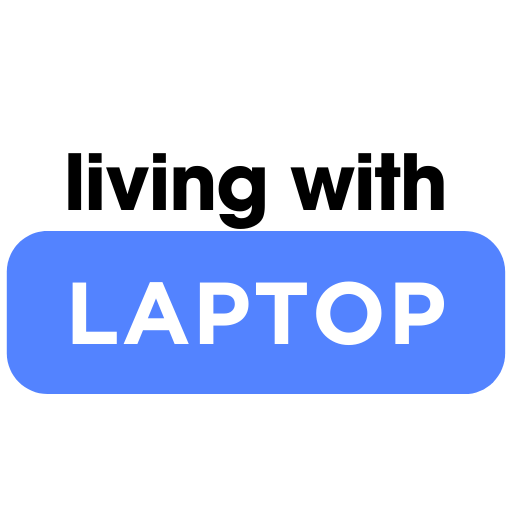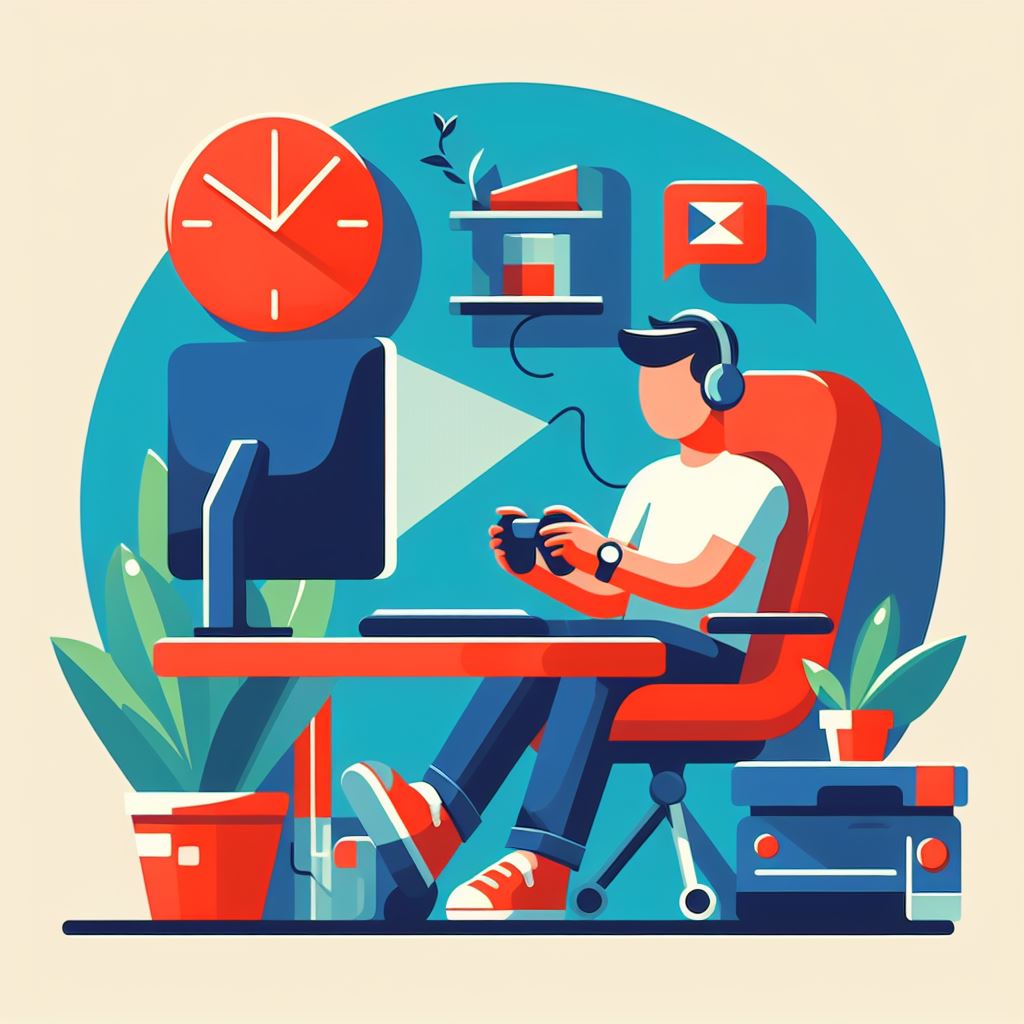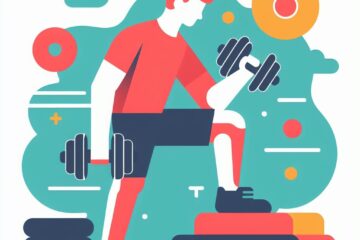In our fast-paced and demanding work environments, it’s easy to get caught up in a continuous work cycle, believing that the longer you stay focused, the more productive you’ll be.
However, this mindset often causes burnout, decreased creativity, and diminished productivity. The truth is that regular breaks are essential for maintaining and even boosting productivity.
This read will explore the significance of taking breaks and how they can enhance your performance in remote and traditional work settings.
The Science Behind Breaks
Taking breaks may seem counterintuitive when striving to meet deadlines or accomplish tasks, but it’s grounded in science. Research has consistently shown that our brains and bodies are not designed to work continuously for long periods. Several factors highlight the importance of breaks:
1. Attention Span: The human attention span is limited. After a certain amount of time, our ability to focus and concentrate on a task diminishes. Taking breaks helps reset your attention span.
2. Brain Function: Breaks allow your brain to recharge. When you’re working, your brain expends mental energy. Rest periods allow your brain to recover and function at its best.
3. Creativity and Problem Solving: Stepping away from work can lead to breakthrough moments of creativity and problem-solving. During breaks, your mind can make new connections and generate fresh ideas.
4. Reduced Fatigue: Prolonged work without breaks can lead to mental and physical fatigue, decreasing overall productivity. Short, regular breaks can alleviate this fatigue and boost your energy levels.
5. Health Benefits: Sitting for extended periods without breaks can contribute to health problems like back pain, eyestrain, and poor circulation. Taking breaks to stretch and move can mitigate these issues.
Types of Breaks
There are different types of breaks, each serving a specific purpose. To maximize their benefits, consider incorporating these types of breaks into your work routine:
1. Microbreaks: These are short, frequent breaks lasting just a few minutes. They are ideal for quick stretching, deep breathing exercises, or briefly stepping away from your workstation. Microbreaks can help prevent physical strain and maintain focus.
2. Short Breaks: Short breaks, usually lasting 5 to 10 minutes, allow you to recharge mentally. You can use this time to grab a snack, take a short walk, or relax. Short breaks are effective for restoring focus and reducing stress.
3. Pomodoro Technique: This time management method involves working in focused intervals (usually 25 minutes) followed by a short break of 5 minutes. After completing four cycles, take a more extended leave of 15-30 minutes. The Pomodoro Technique enhances productivity and maintains motivation.
4. Lunch Break: The lunch break is more extended, typically lasting 30 minutes to an hour. It provides an opportunity to nourish your body, disconnect from work, and socialize. A proper lunch break can help you return to work refreshed and refocused.
5. Creative Breaks: These breaks are designed to boost creativity. During these breaks, engage in activities like drawing, doodling, or listening to music that stimulates creative thinking.
Maximizing Breaks for Productivity
While taking breaks is crucial, how you use them can significantly affect your overall productivity. Here are some strategies for maximizing your breaks:
1. Disconnect: Disconnect from work-related activities and screens during your breaks. Do not check emails, social media, or work-related messages. This separation allows your mind to rest genuinely.
2. Move Your Body: Physical activity during breaks can be incredibly beneficial. Stretch, take a short walk, or do quick exercises to get blood flowing and reduce physical strain.
3. Mindful Breathing: Practice deep breathing during breaks to reduce stress and calm your mind. Focus on your breath and let go of work-related thoughts.
4. Hydrate and Nourish: Eat a nutritious snack during your breaks. Proper hydration and balanced nutrition can improve cognitive function and overall well-being.
5. Socialize: If you’re working in an office setting, take advantage of your breaks to socialize with colleagues. Building positive relationships can enhance job satisfaction and reduce stress.
6. Change Your Environment: Change your physical environment during breaks. Step outside, sit by a window or find a quiet spot away from your workstation.
7. Plan and Reflect: Use some breaks for planning and reflection. Consider what tasks you’ve completed, what remains to be done, and how you can approach your work more efficiently when you return.
8. Practice Mindfulness: Incorporate mindfulness or meditation into your breaks. A brief mindfulness exercise can reduce stress, increase focus, and boost productivity.
Common Breaktime Challenges and Solutions
While the benefits of taking breaks are clear, some challenges can hinder your ability to incorporate them into your work routine. Here are some common challenges and ways to address them:
1. Guilt and Productivity Concerns: Feeling guilty about taking breaks or worrying about decreased productivity is common. Remind yourself that breaks are essential for maintaining productivity and well-being.
2. Time Constraints: Heavy workloads and tight deadlines can make it challenging to take breaks. Prioritize breaks as part of your work routine, and consider using time management techniques like the Pomodoro Technique.
3. Distractions: Workplace distractions can make it difficult to focus on breaks. Find a quiet, dedicated break space, or use noise-canceling headphones to minimize distractions.
4. Lack of Support: In some workplaces, taking regular breaks may not be encouraged. Advocate for the importance of breaks and set an example by integrating them into your routine.
5. Technology Dependency: Constant connectivity through devices can make it hard to disconnect during breaks. Set boundaries by turning off notifications and silencing your devices.
Conclusion
The importance of breaks in enhancing work productivity cannot be overstated. Regular breaks are not a sign of laziness but a valuable strategy for maintaining focus, boosting creativity, and preventing burnout. Whether working remotely or in a traditional office, incorporating breaks into your daily routine is fundamental to maintaining a healthy work-life balance and achieving good productivity.
So, the next time you find yourself buried in work, stepping away for a well-timed break may be what you need to refresh your mind and enhance your overall productivity.




